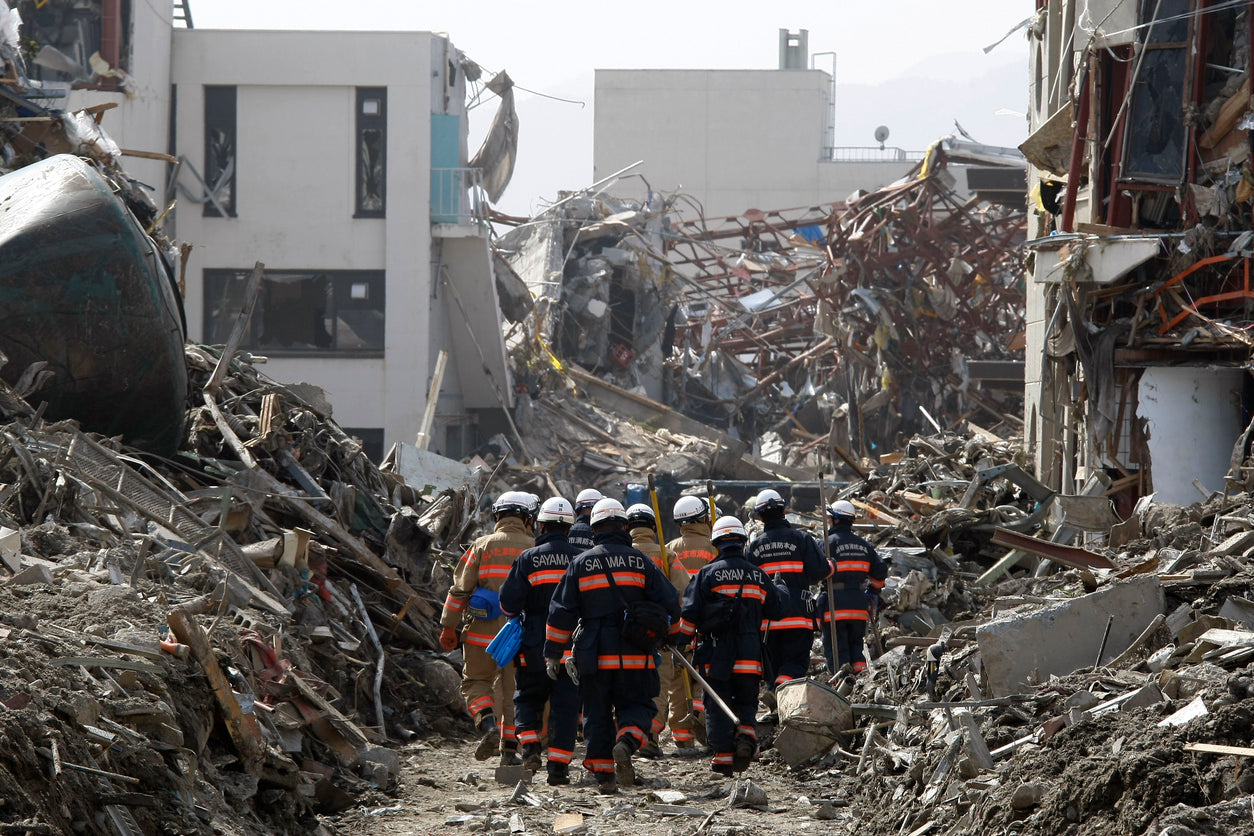Earthquakes can often be extremely destructive disasters, especially in the Pacific Rim region. Once an earthquake hits, you may find your home in a complete mess and your power and water supply might be gone. Fortunately, there are many things you and your family can plan before one of these natural disasters happens, to reduce the damage or potential for death or injury.
Knowing The Signals Of An Earthquake
During earthquakes, it is normal to hear rumbling or roaring sounds that will slowly get louder. You could also start experiencing a rolling feeling that will start out gently and then grow violent.
Other common signs of an earthquake include violent jolts followed by a shaking sensation which will make it hard to move or stand up.
Know The Safe Areas
During earthquakes, the majority of injuries or deaths occur due to falling objects or building materials that collapse.
Establish safe areas in every room in your home. Safe areas could include under tables or under pillows and your covers if you are in bed when the earthquake hits.
Practice And Plan What You Need To Do When An Earthquake Hits
When you practice and plan what you should be doing should an earthquake strike, you improve your chances of reacting automatically and correctly once the shaking starts.
Get your family together to practice earthquake drills. Practicing these drills can also help your family to understand what they need to do if you are not home when an earthquake strikes.
Practice Drop, Cover, And Hold Drills
- Drop Onto Your Knees And Hands Immediately
This is a position that will stop you from falling and allow you to still move when necessary.
- Cover Your Neck And Head
Make sure you cover your neck and head with your hands and arms under a heavy desk or table. Stay away from glass or windows that might shatter or from any heavy objects that may fall on top of you.
- Hold On
Hold on to something until all the tremors or shaking have stopped.
Formulate A Plan For Evacuation
After an earthquake, you might have to leave your damaged home afterward. When you practice and plan for evacuation, it will help you to respond more efficiently and appropriately to any signs of danger.
Set aside time to discuss your evacuation plan with your family. Walk through all the rooms in your home and plan the evacuation details for each area of your home.
Invest In A Bug Out Bag Or Emergency Supply Kit
Make sure you have the necessary emergency supplies stored safely away that you could use after a natural disaster such as an earthquake. This should include emergency food and water and first aid kits for your car and home. Your supplies should be able to last for a minimum of 3 days.
The correct preparedness for a natural disaster like an earthquake could help you to avoid catastrophic loss and injuries or death. With the right supplies and plans in place, you increase the likelihood of you and your family surviving the earthquake along with the aftermath.
Expert Advice On How To Prepare For An Earthquake

